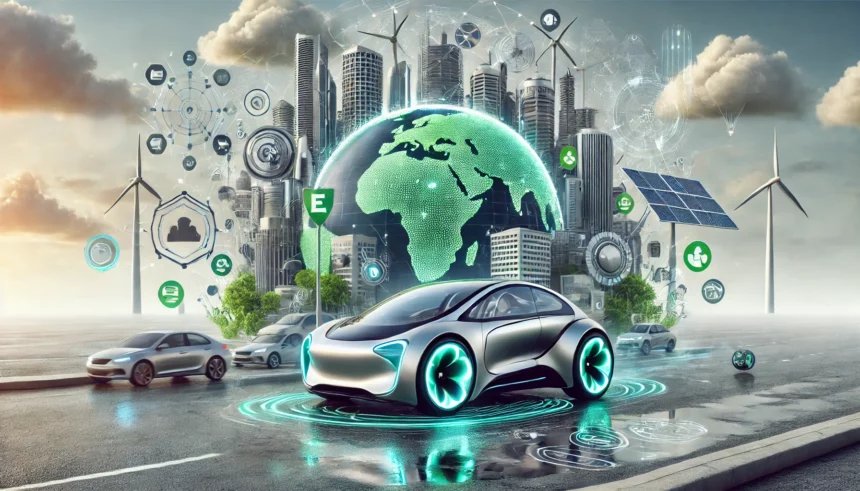Autonomous Driving: Steering Towards Safety and Efficiency
The concept of autonomous vehicles is redefining traditional driving, offering potential benefits like improved road safety and greater transport efficiency. However, this shift also raises important considerations such as the need for updated regulatory frameworks, readiness of current infrastructure, and public acceptance of driverless cars.
Embracing Sustainability in Auto Design
Sustainability is increasingly at the core of automotive innovation, with a focus on electric vehicles (EVs), utilization of renewable energy, and environmentally friendly manufacturing practices. While these developments promise a greener future, they face hurdles like enhancing battery technology, expanding EV charging networks, and ensuring the sustainability of supply chains.
Securing the Connected Car
As cars become more connected, cybersecurity becomes crucial. Protecting vehicles from cyber threats, ensuring data privacy, and addressing system vulnerabilities are paramount for maintaining user trust and safety in increasingly networked environments.
Balancing Advantages and Challenges
Advantages:
- Safety Innovations: Technologies such as collision avoidance systems and automated driving can dramatically decrease accident rates.
- Efficiency Gains: EVs and autonomous vehicles can offer significant reductions in carbon emissions and lower operating costs.
- Enhanced Experience: Connectivity features improve user experiences through advanced entertainment systems, intuitive navigation, and remote vehicle management.
Challenges:
- Cost Implications: High costs associated with advanced tech and EVs could slow adoption rates, particularly in developing economies.
- Infrastructure Needs: Adequate charging facilities for EVs and robust connectivity for autonomous vehicles are essential for their widespread use.
- Ethical Considerations: Autonomous vehicles introduce complex ethical issues, including decision-making in critical situations and implications for jobs in transportation.
Looking Ahead: The Road to Innovation
As the automotive industry evolves, balancing these advantages and challenges will be crucial. The future holds promise for transforming how we view and use vehicles, making them safer, more efficient, and more integrated with our digital lives. By addressing the current obstacles, the auto industry can drive towards a future where cars are not just modes of transportation but pivotal elements in a broader digital ecosystem.
External Resources
- For the latest on electric vehicle technology and infrastructure developments, visit Electric Vehicle News.
- Insights on the ethical implications of autonomous vehicles can be found at Autonomous Ethics.
- The latest cybersecurity trends for connected vehicles are detailed at Auto Cybersecurity Hub.
Internal Resources:
















